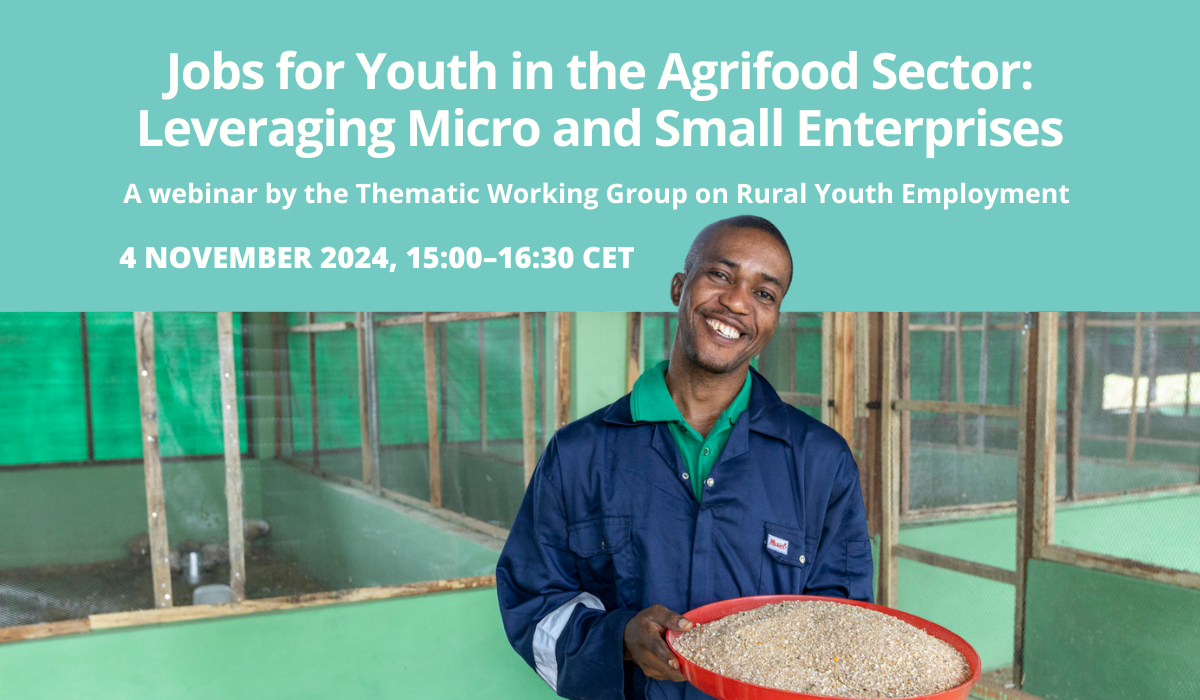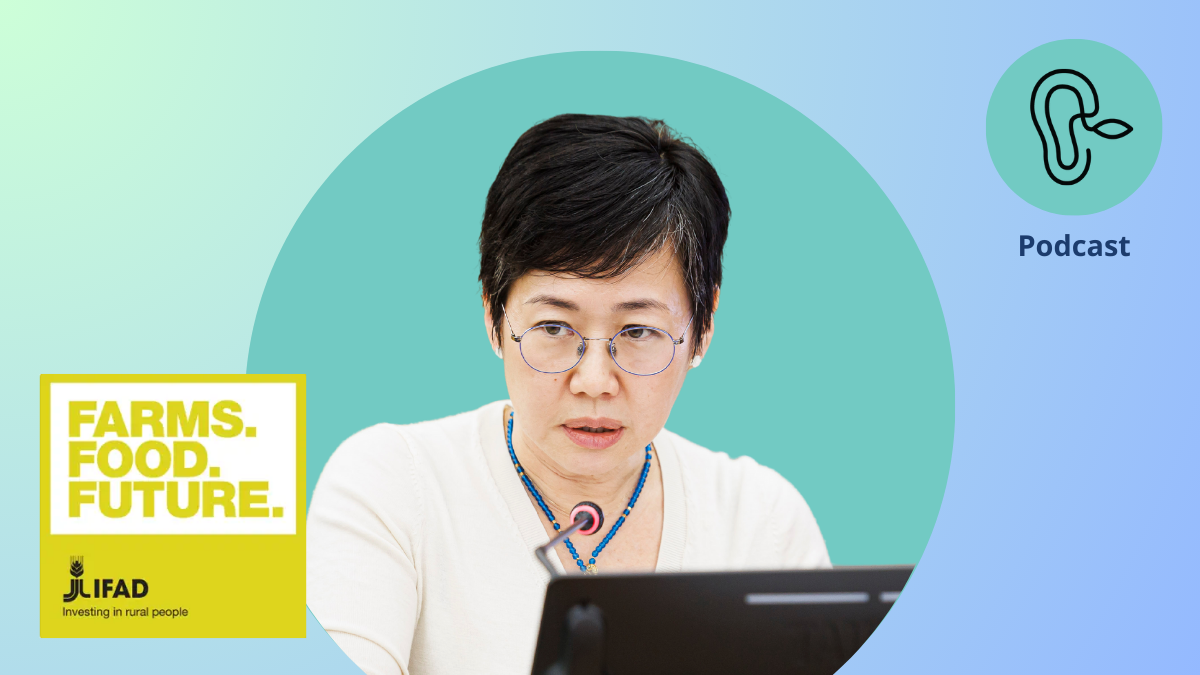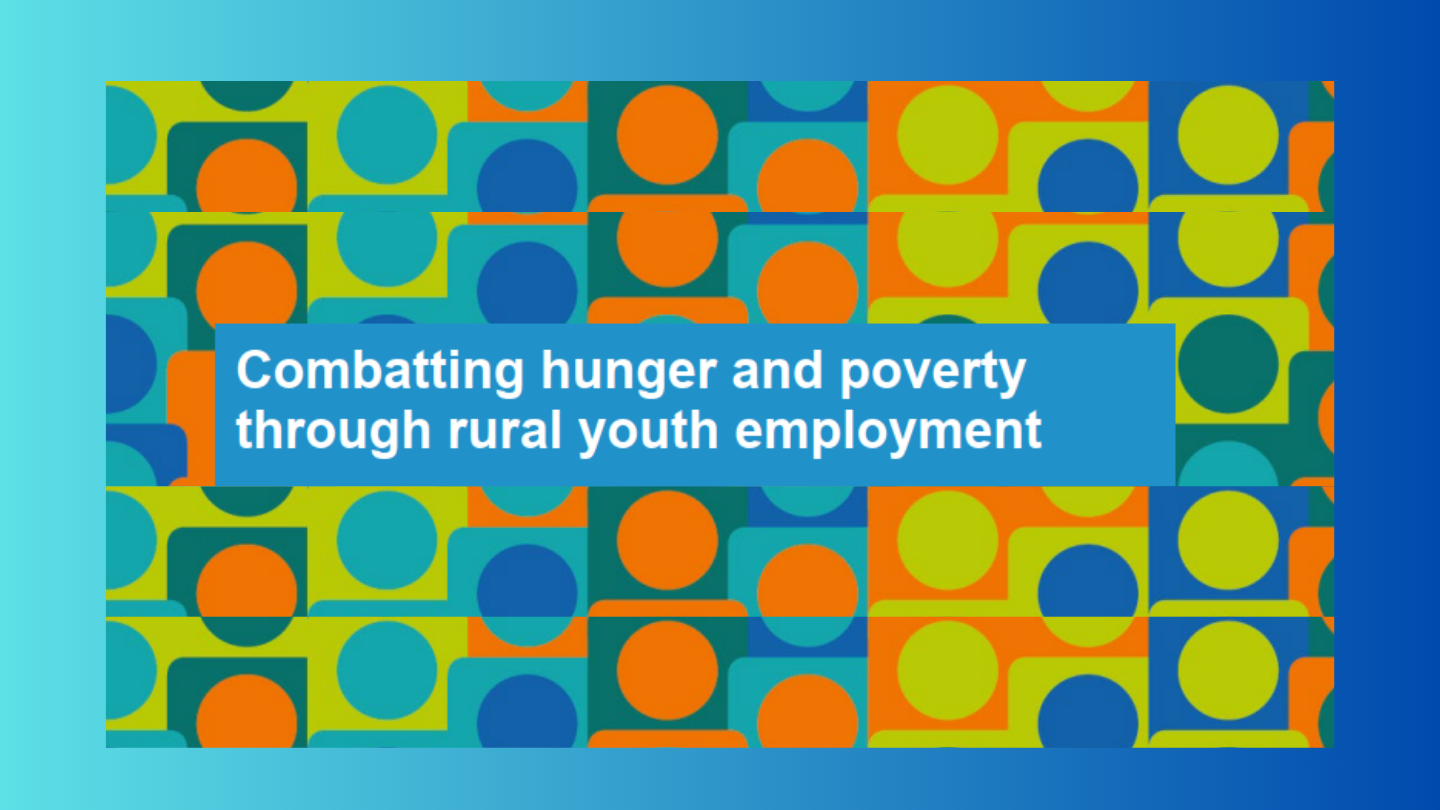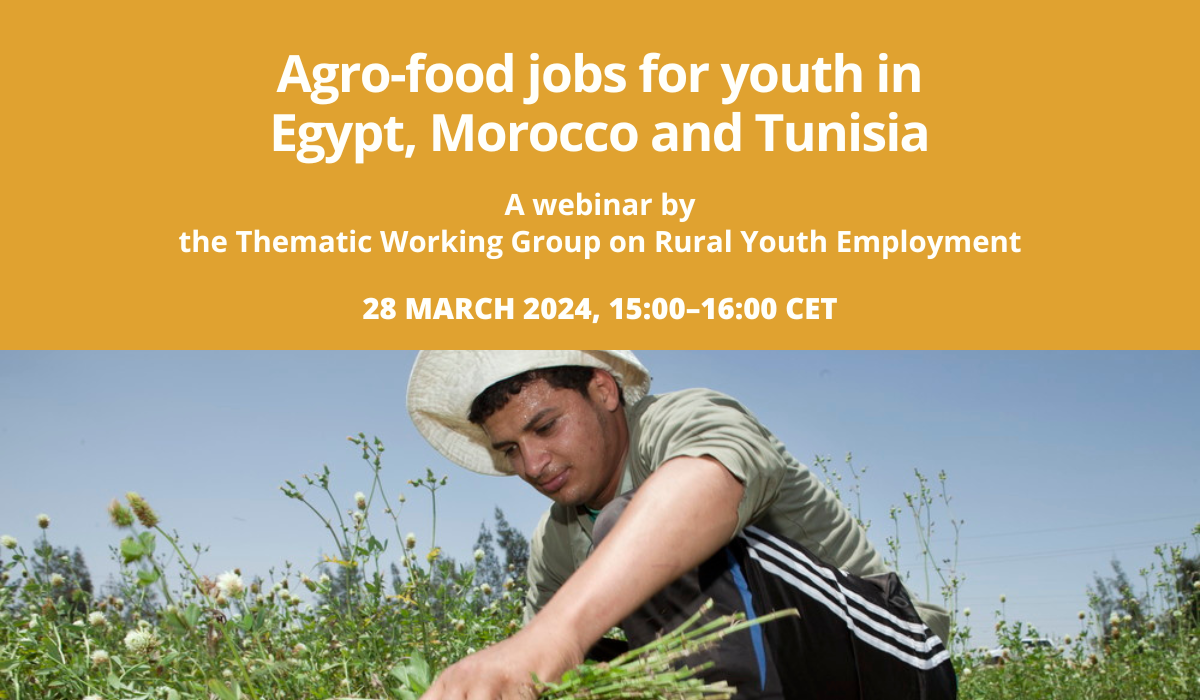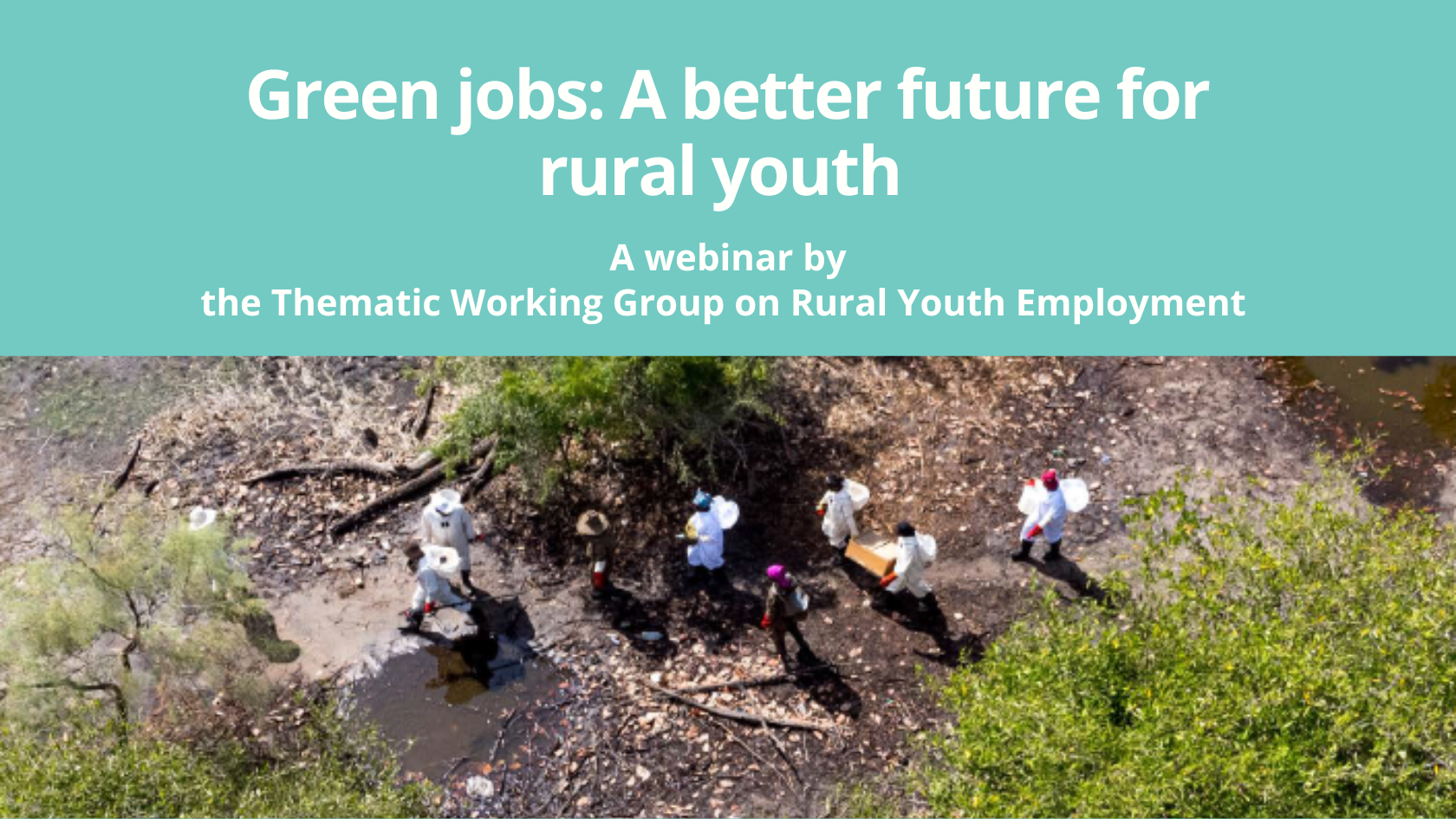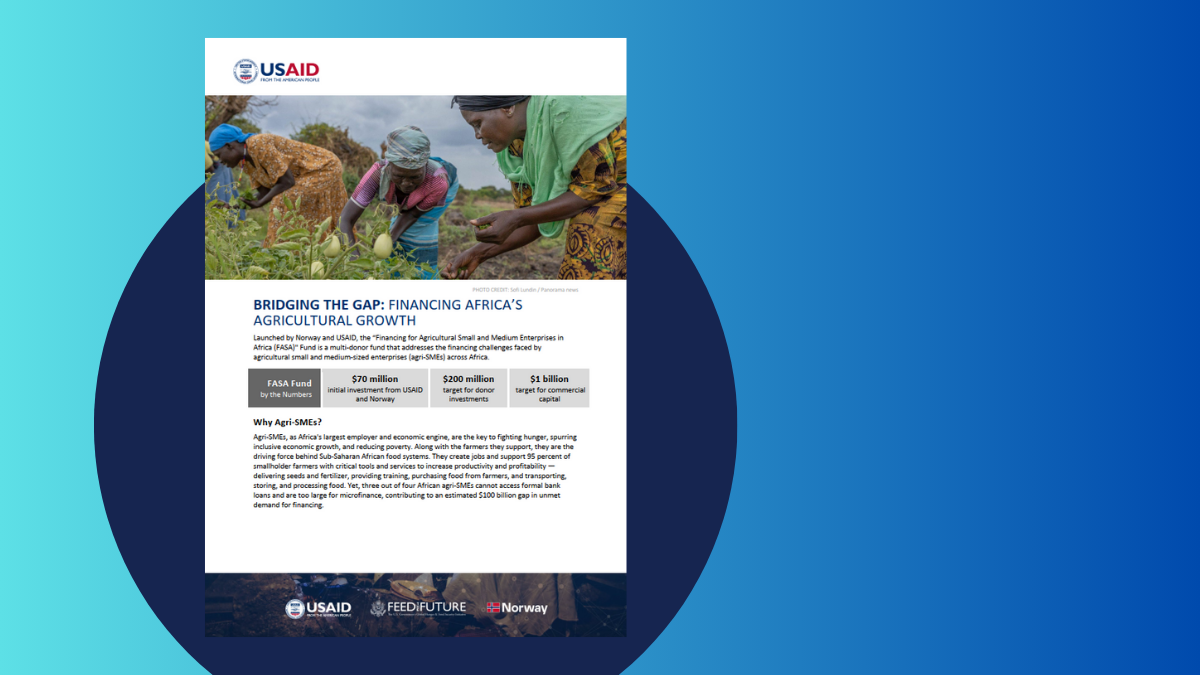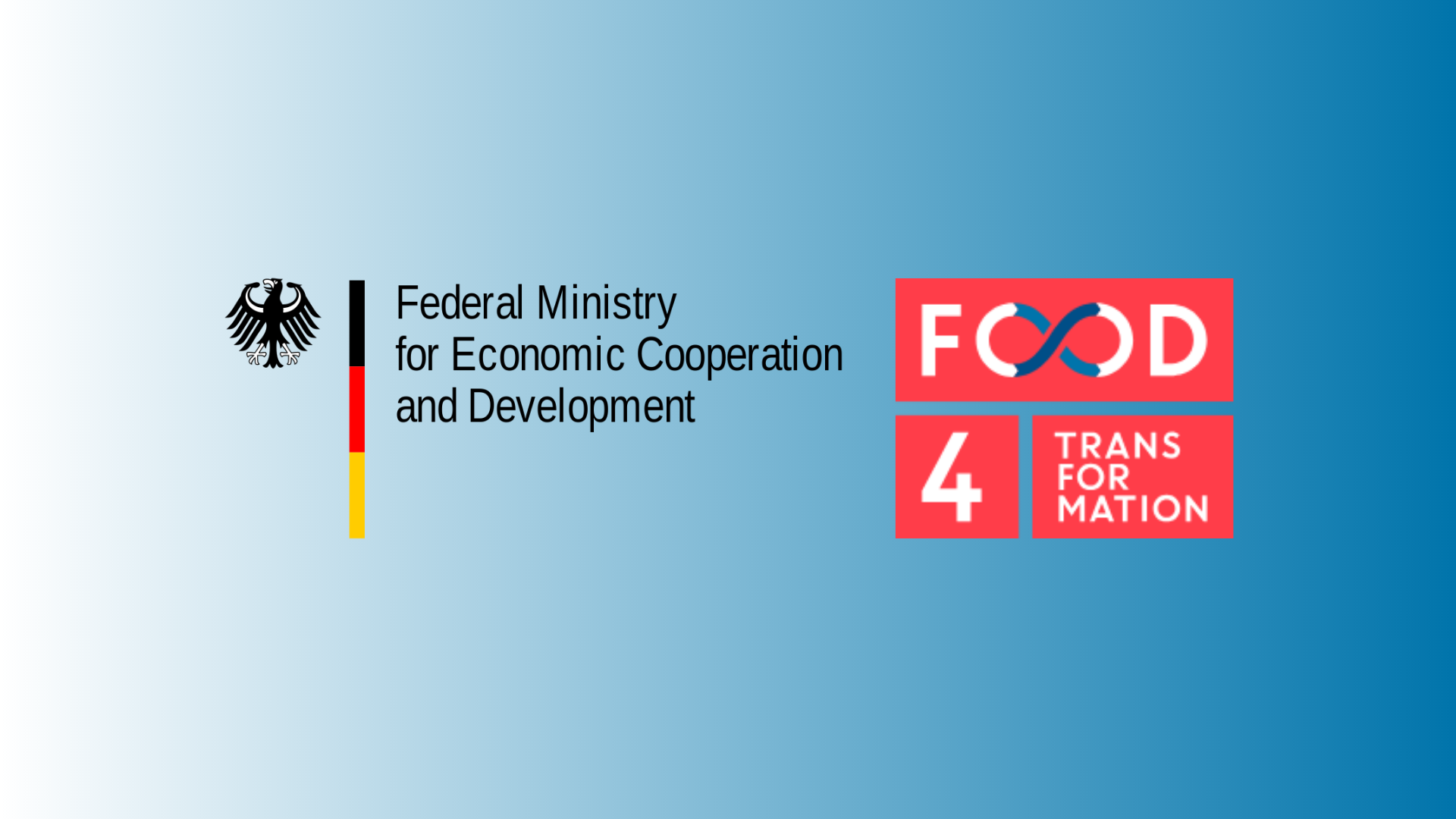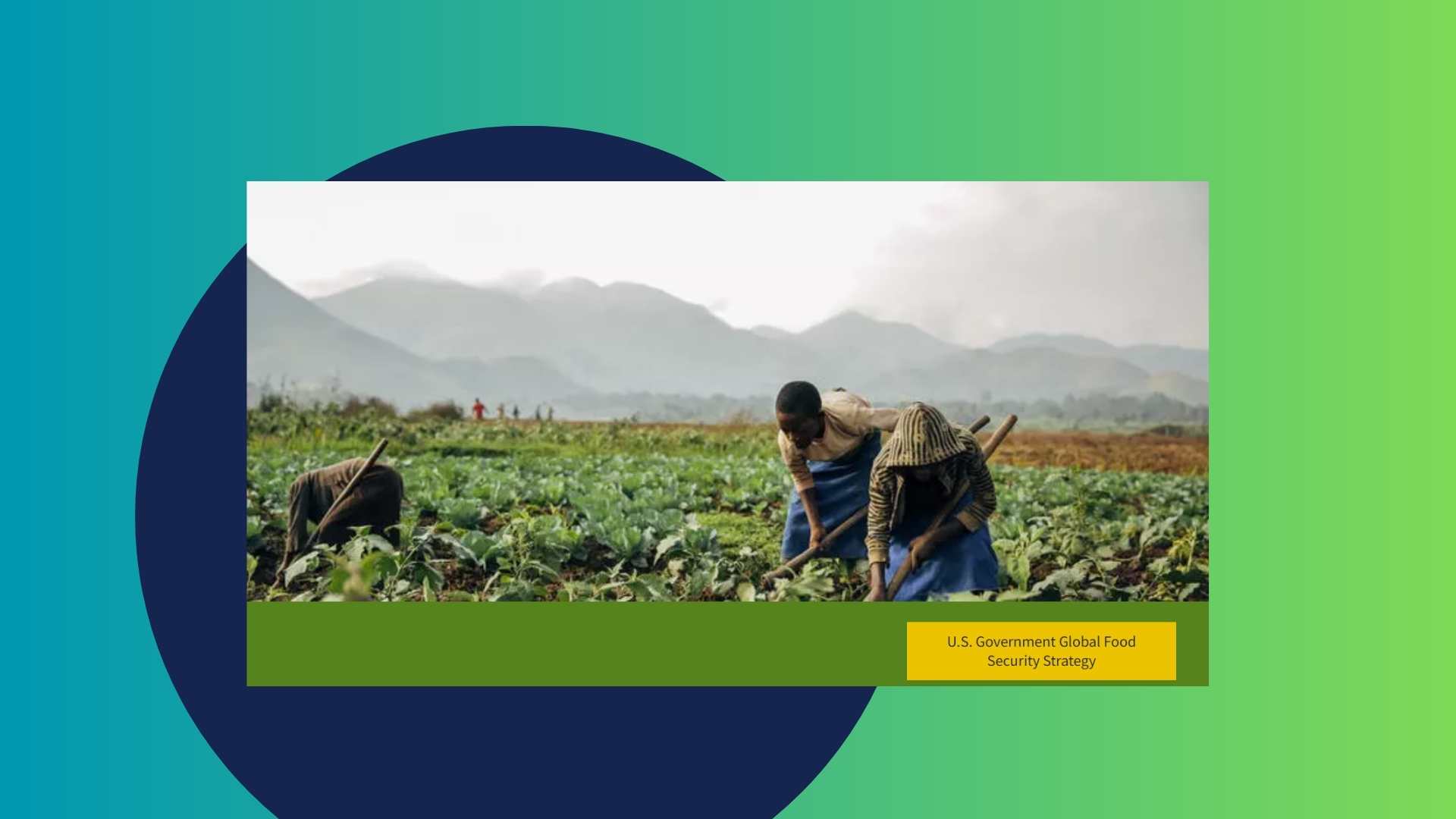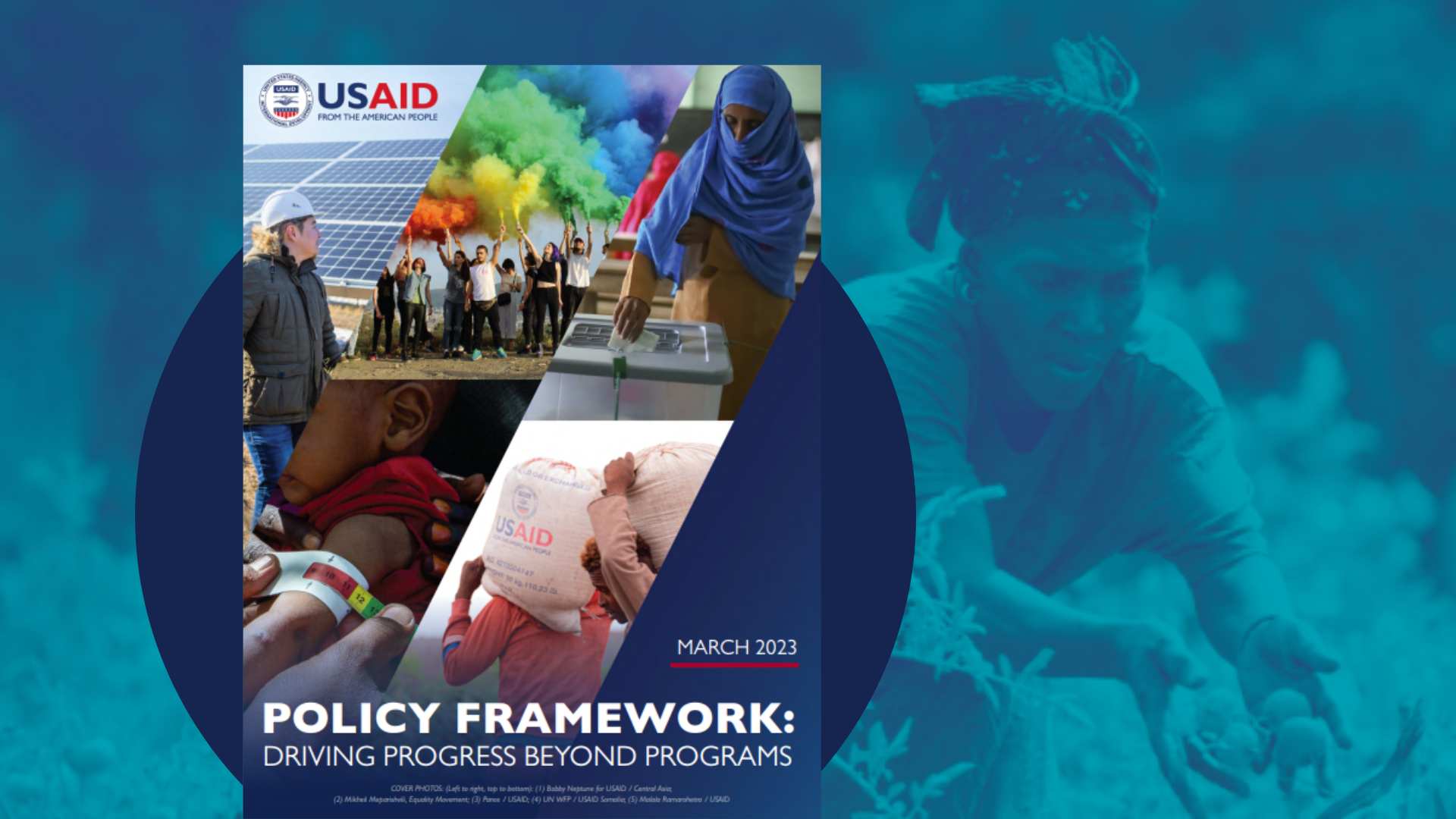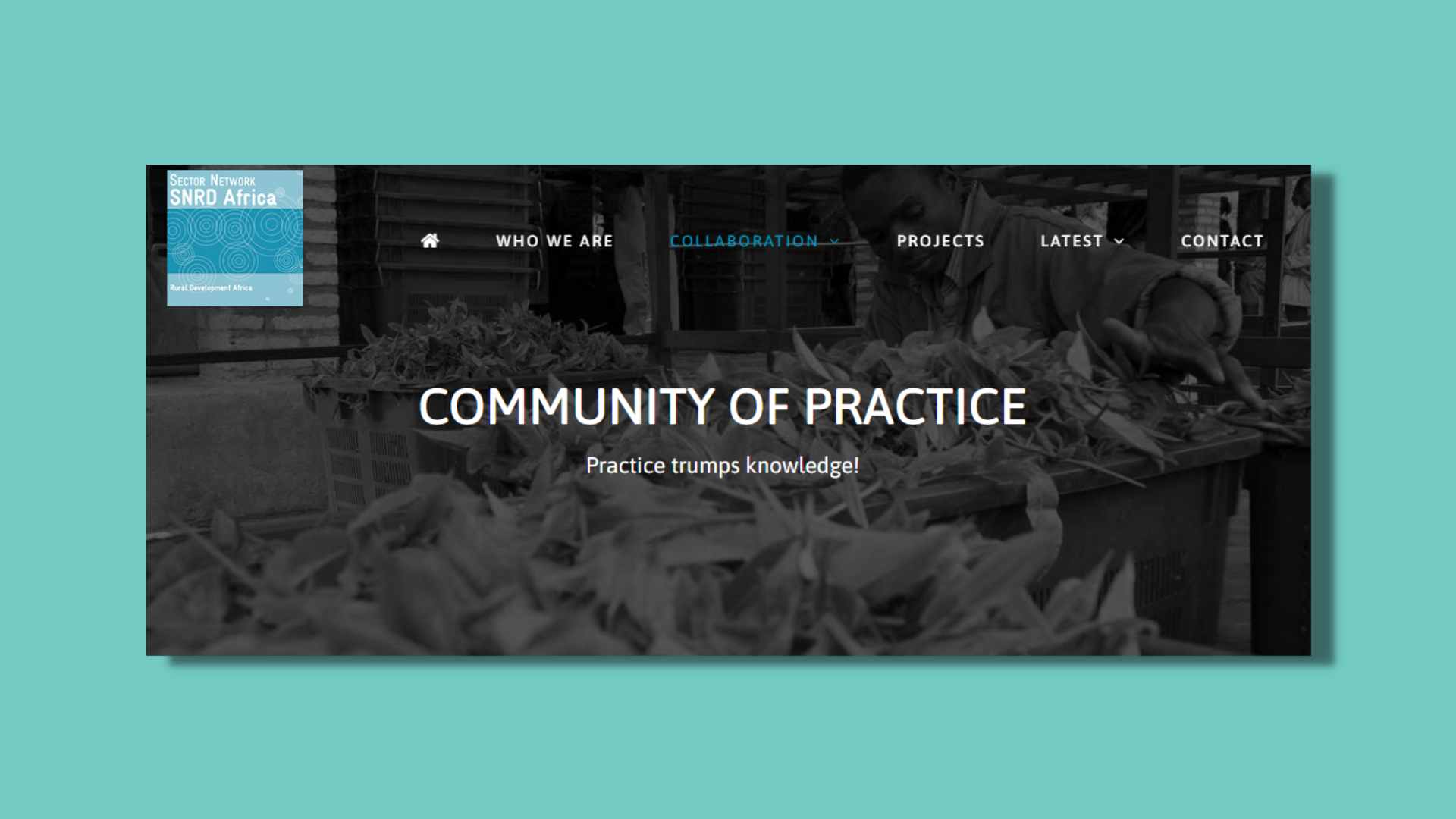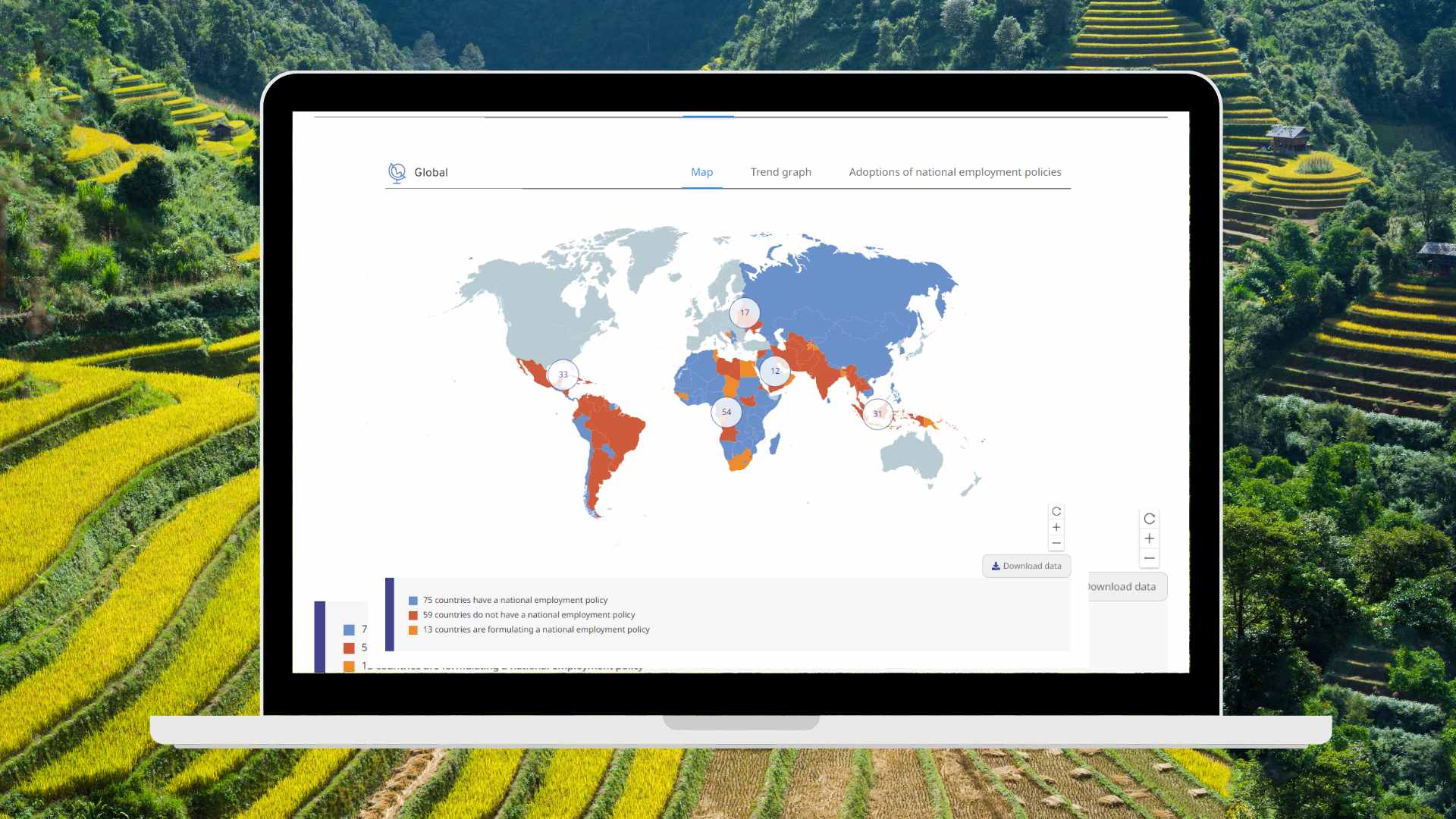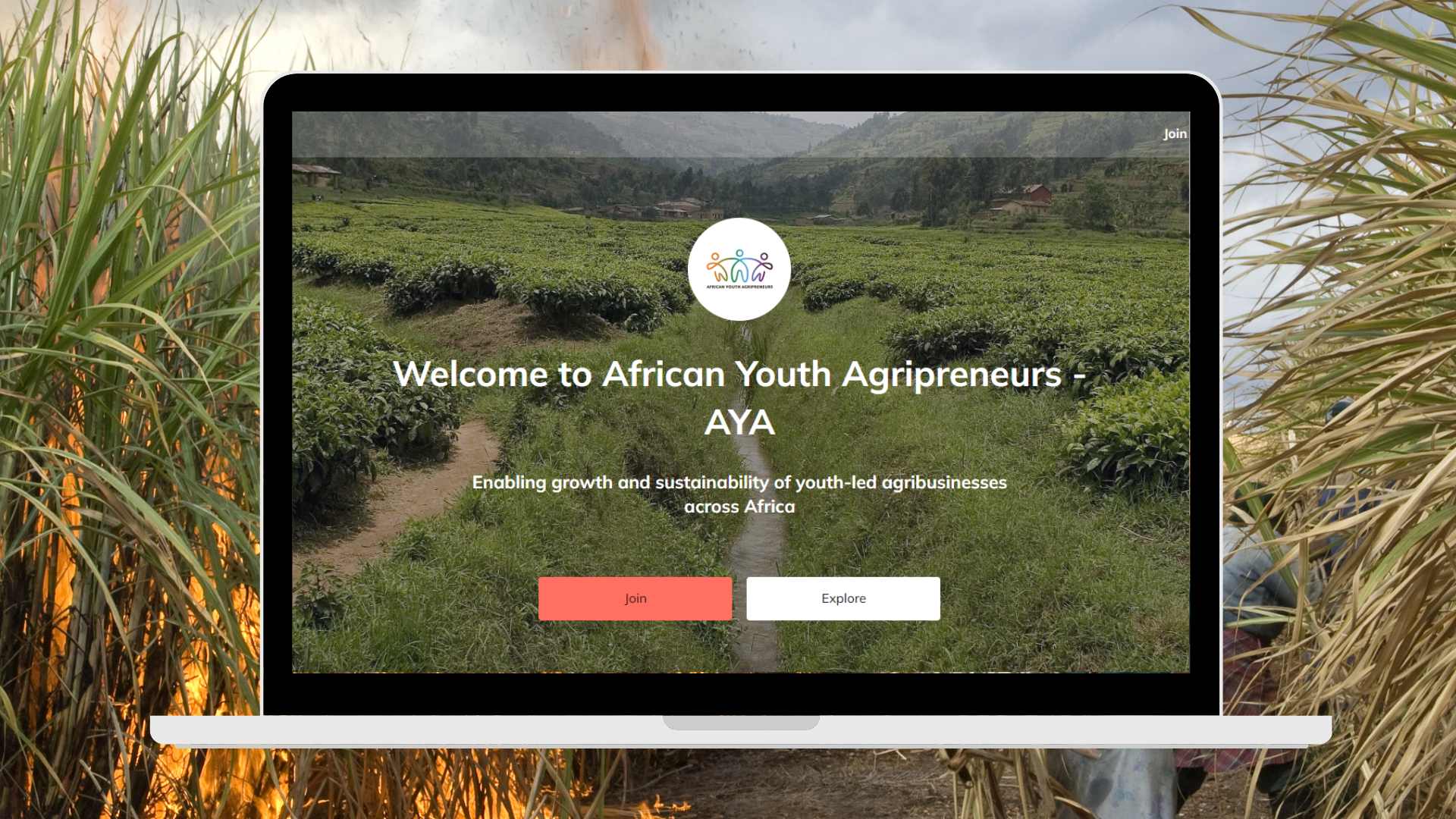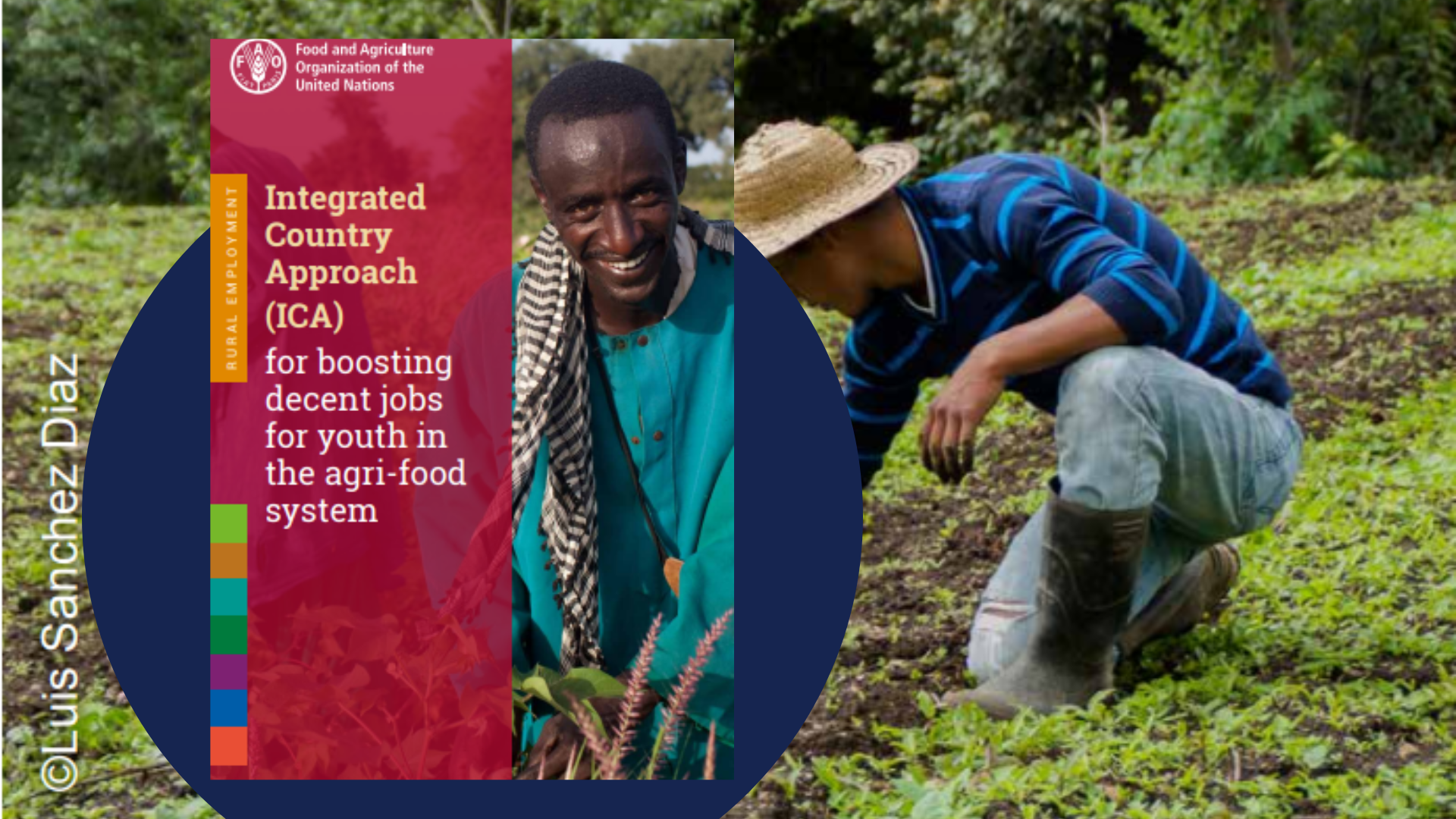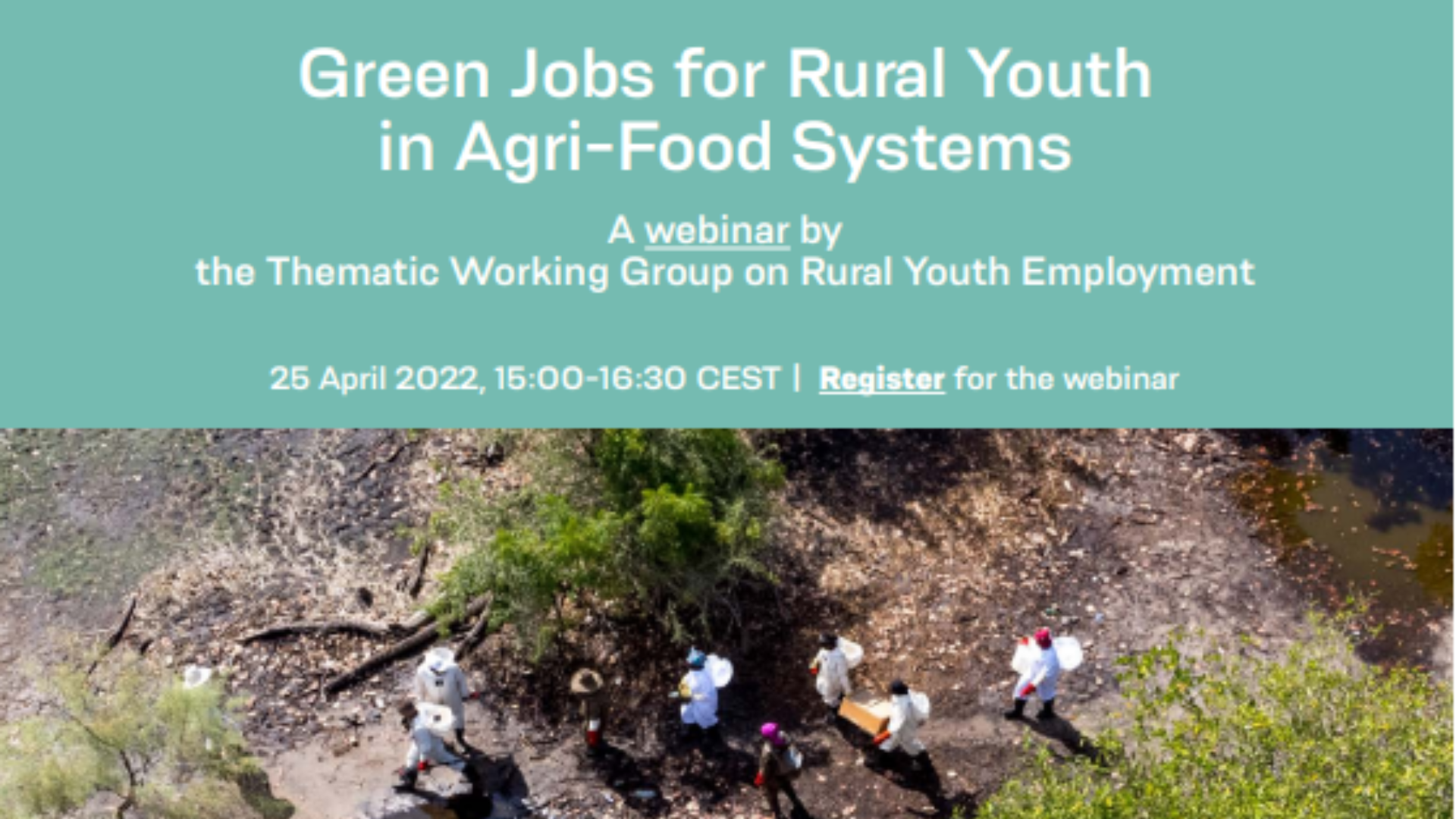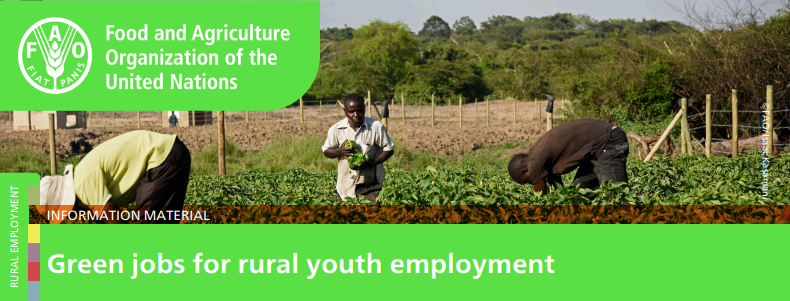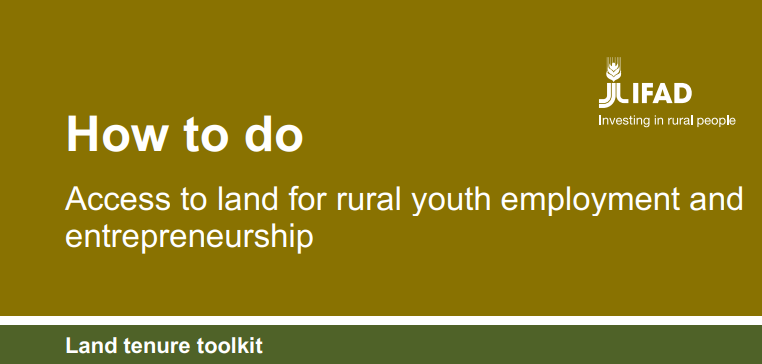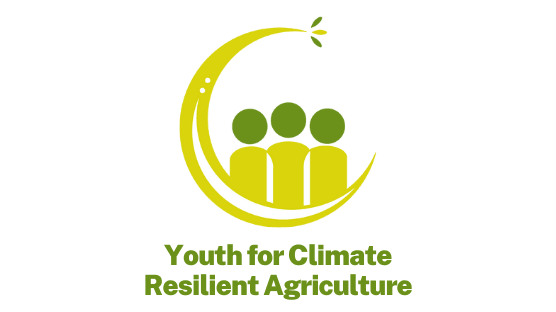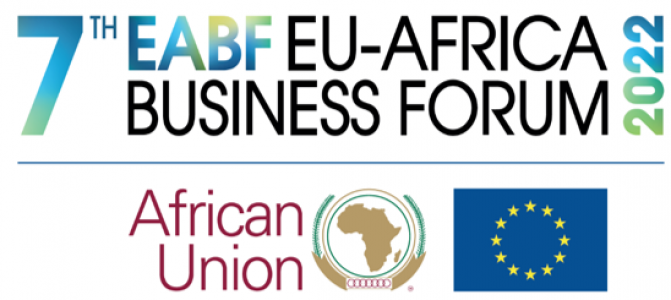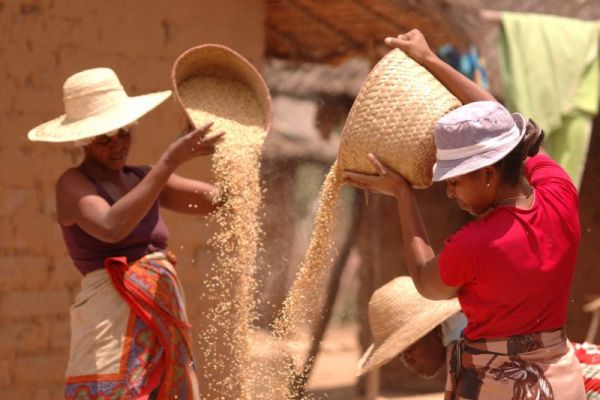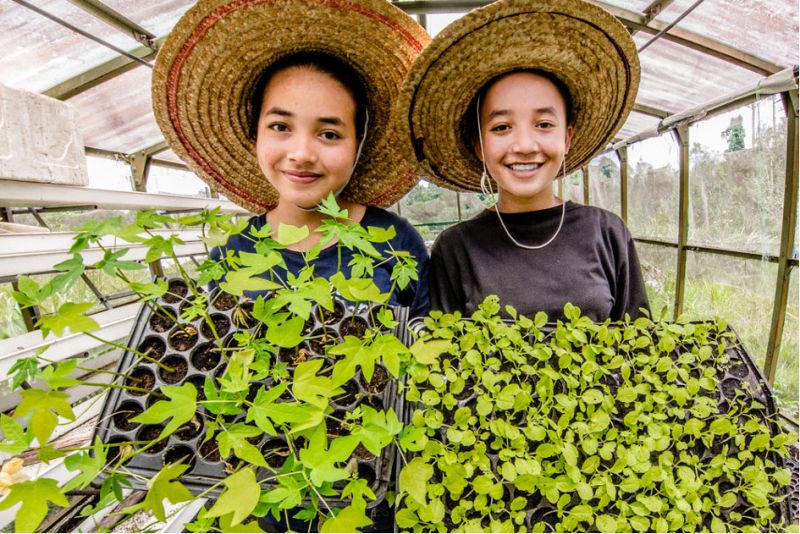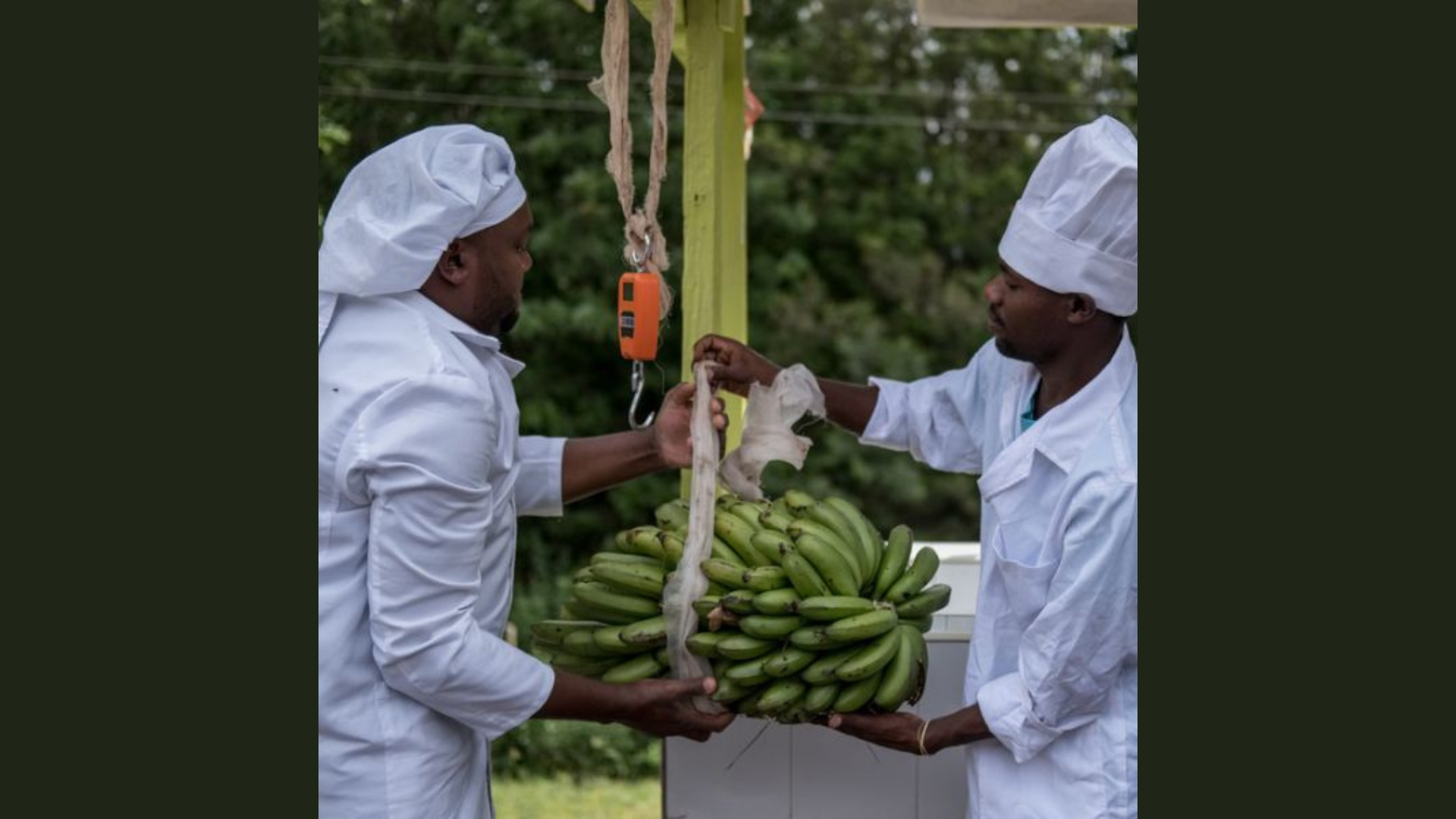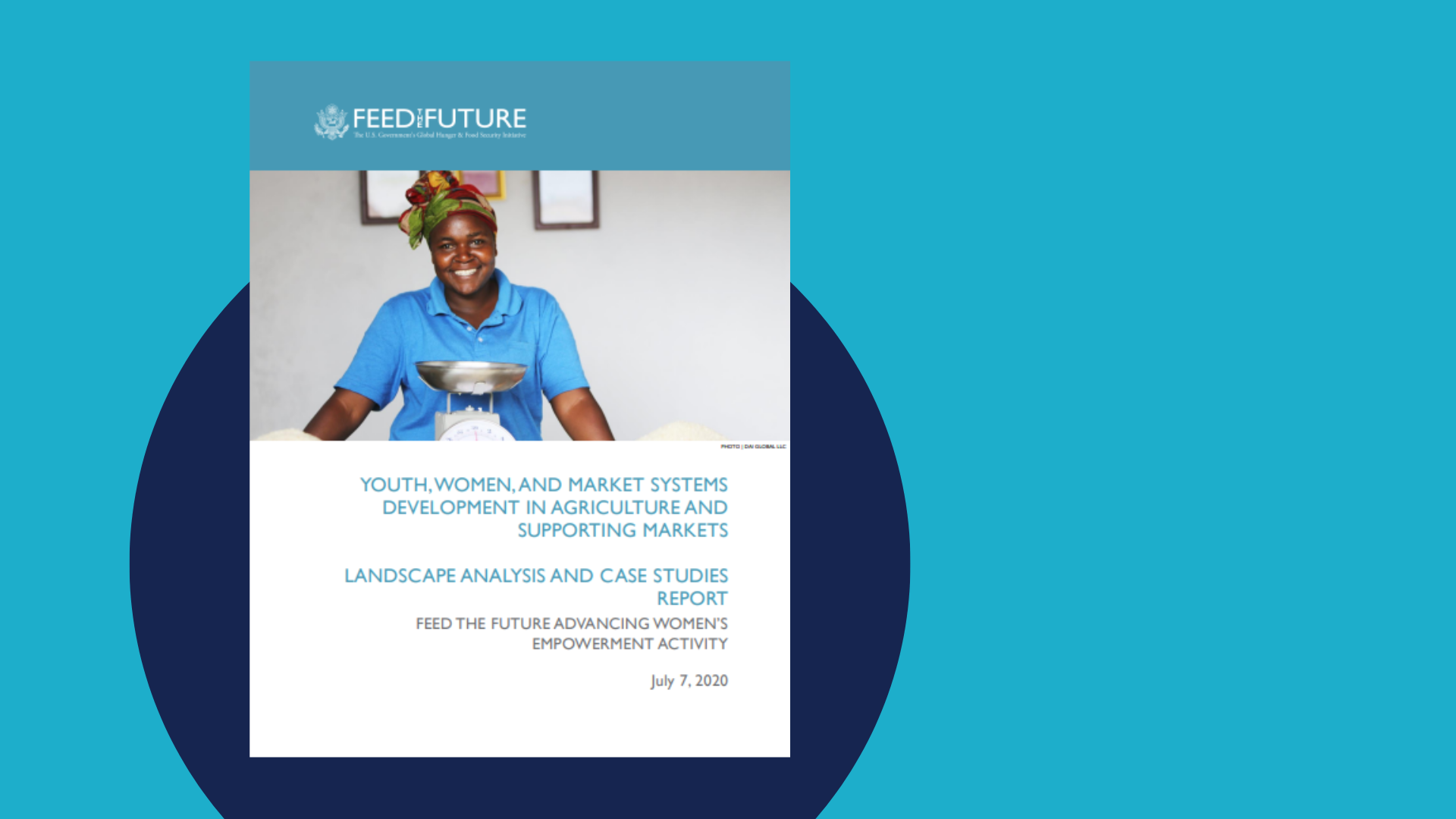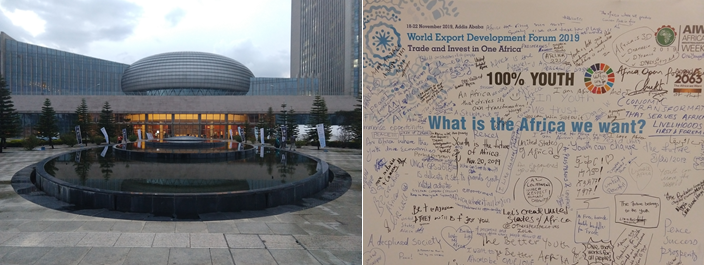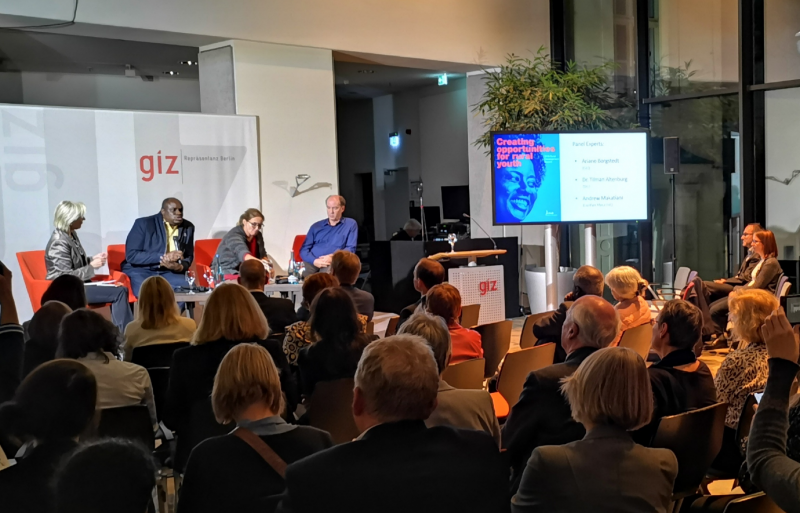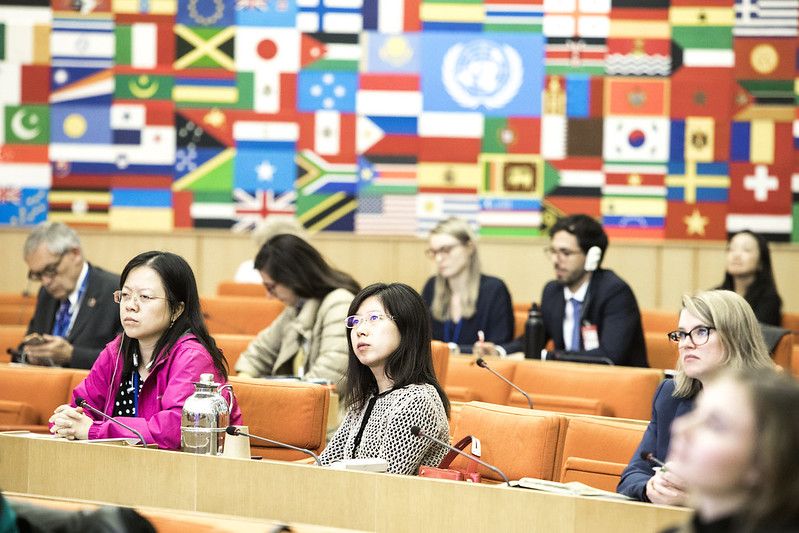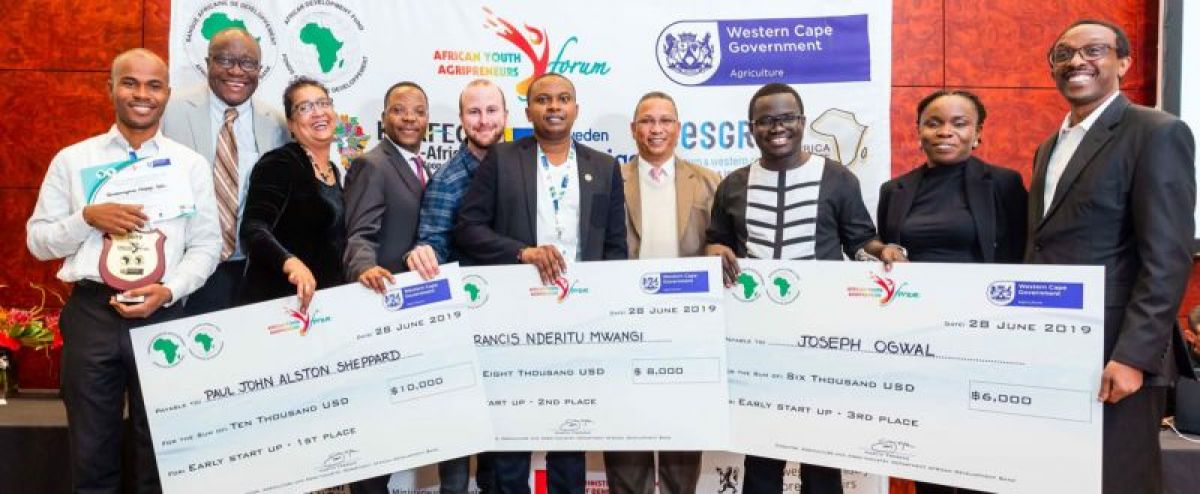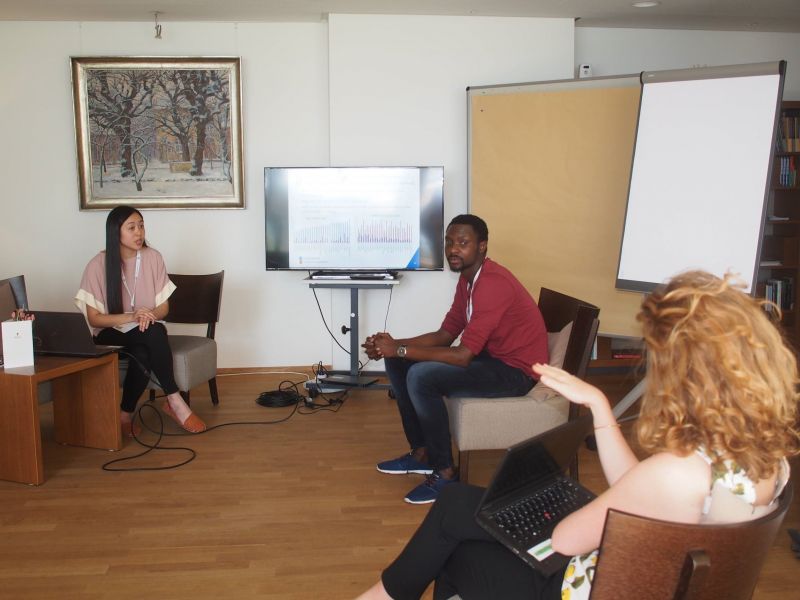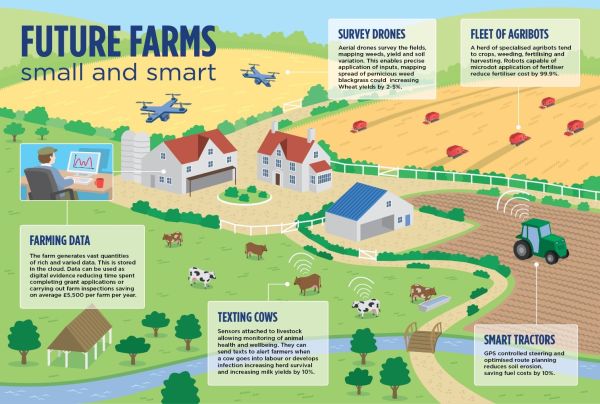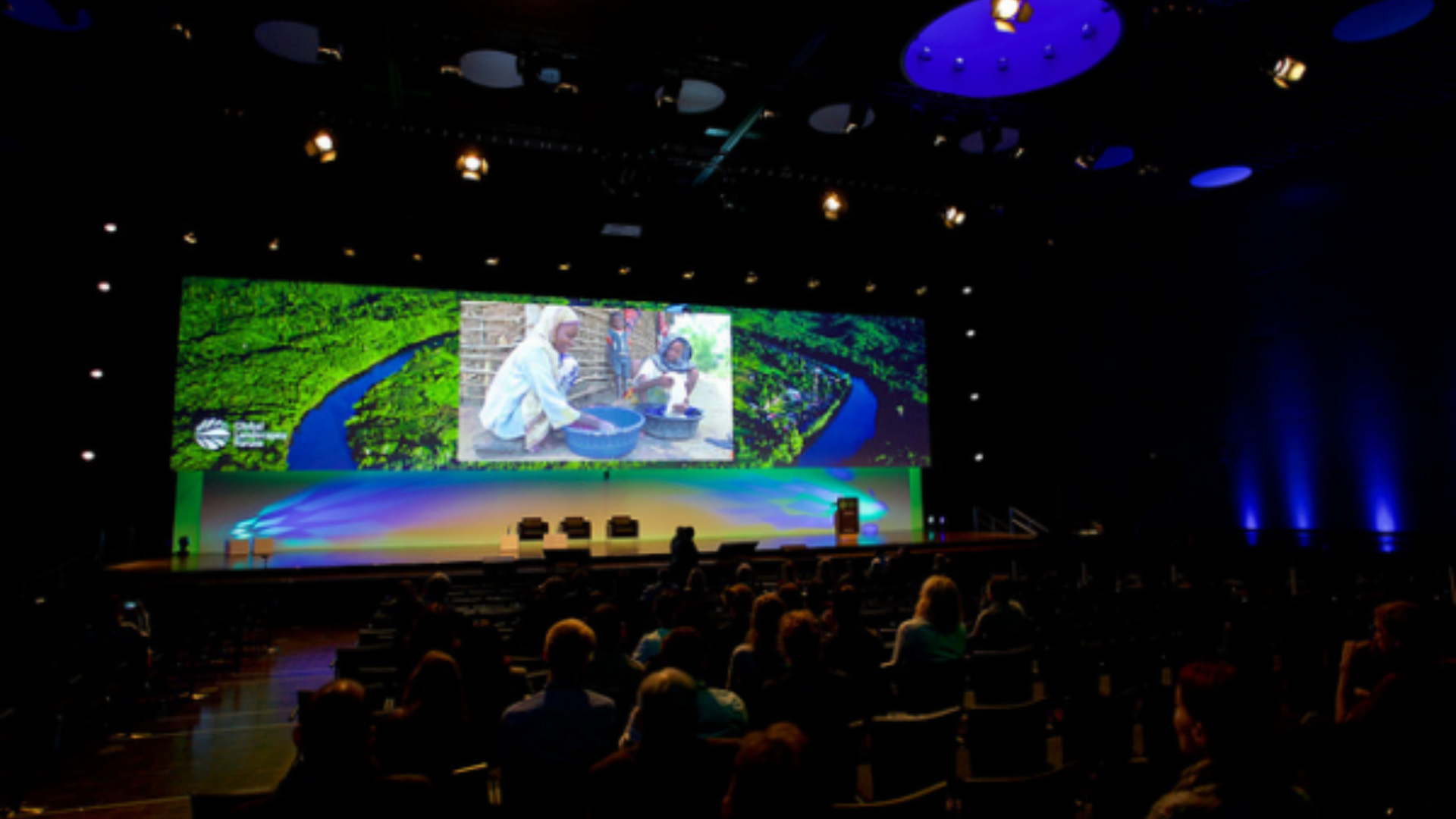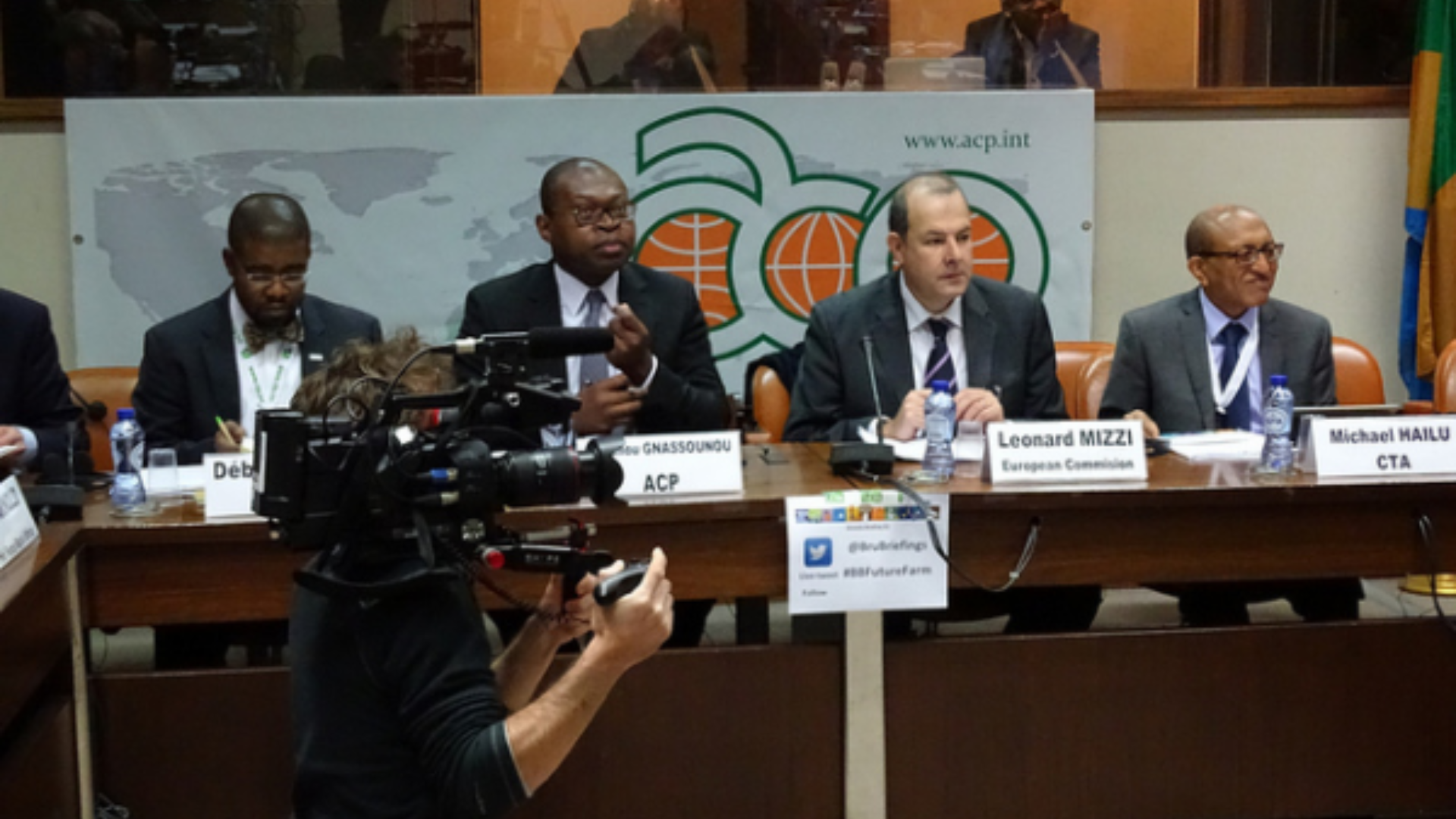On 20 November, the African Union in Addis Ababa, Ethiopia hosted the second edition of The Youth Entrepreneurship and Self-Employment Forum (YES! Forum). The event built upon the first edition of the YES! Forum held in Dakar in 2018 to support youth entrepreneurship and self-employment, particularly in the context of the African Continental Free Trade Area (ACFTA) agreement. Several hundred young entrepreneurs and agripreneurs from all over Africa attended the event.
Links
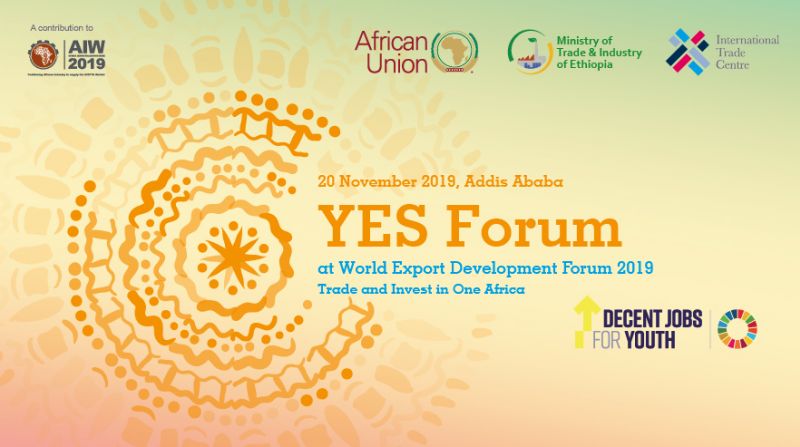
The YES! Forum was a featured event of the Global Entrepreneurship Week. Its second edition of the forum was held as a pre-event of the World Export Development Forum (WEDF) on 20 November 2019. The event was co-organized by the African Unionin partnership with the Global Initiative on Decent Jobs for Youth: International Labour Organization (ILO), International Trade Centre (ITC), the United Nations Capital Development Fund (UNCDF), the United Nations Conference on Trade and Development (UNCTAD) and the United Nations Industrial Development Organization (UNIDO), in collaboration with the Government of Ethiopia and an ecosystem of enterprise development agencies, incubators, accelerators, tech hubs, youth associations, and financial service providers.
Fostering local innovation and improving the resilience of young people in the job market
The YES! Forum aimed at providing a platform for stakeholders involved in decent jobs for youth, particularly in the area of youth entrepreneurship and self-employment to engage and share experiences, innovations, and opportunities for scaled action. Youth entrepreneurship and self-employment foster local innovation and improve the resilience of young people in the job market, as they encourage young people to find new business solutions to social, economic, and environmental challenges.
The YES! forum covered three main themes:
- Promoting an enabling policy and regulatory environment for youth entrepreneurship and self-employment;
- Facilitating access to markets, networks, knowledge and skills for young entrepreneurs and youth in businesses;
- Facilitating access to finance for young entrepreneurs and youth in businesses.
The full-day event had various sessions that looked at the potential of agripreneurship and challenging environments or aspects, with engaging titles like: Scaling up Partnerships for Decent Jobs for Youth; The Role of Skills in Enterprise Development and Trade; Building up Institutional Ecosystems for Start-Ups; Sports for Development and Youth Economic Inclusiveness; and Best Practices in Investing in Youth Entrepreneurship.
“Alone we go faster, together we go further”
In one of several panel discussions, Oriane Barthélemy from France’s Ministry for Europe and Foreign Affairs, dived into the results of a YES! Forum side event on decent jobs creation for rural youth in food systems that had been organized by the Rural Youth Thematic Working Group of the Global Donor Platform for Rural Development. The side event brought together donors, governments, and youth representatives. Barthélemy remarked that there is momentum on the theme of youth employment evidenced by a large number of actors working on decent employment for rural youth, in addition to the young agripreneurs.
Bathélemy also talked about the G7 Framework for the Creation of Decent Jobs for Rural Youth in the Sahel, which was adopted by The G7 Development Ministers in their July meeting in Paris. She noted the driving force of the food economy in Africa and its role in inclusive rural development and reported that this is the reason why the G7 decided to concentrate their efforts on decent job creation for rural youth through all upstream and downstream agricultural activities.
Barthélemy continued in highlighting the different principles of the framework, including better alignment with countries’ policies and about donor coordination. She quoted a well-known saying, “Alone we go faster, together we go further”, adding that this is congruent with the objective of the Global Donor Platform for Rural Development, which brings together 40 multilateral, bilateral and international development institutions. Additionally, she informed the participants about the major outcomes of different areas around the event. Youth are not homogenous, and to understand their ambitions and leverage their innovation, practitioners should promote youth inclusion in the design and implementation of projects. “You should be trusted, and donors should look at youth as development partners and not just beneficiaries”, she said.
Access to land is key
A key issue for youth in Africa is access to land, Barthélemy said in summarising some of the voices at the side event. In Nigeria, youth tend to sell their land for development and do not utilise it for farming because they do not believe that one can earn a decent income from farming. In Chad women are disempowered and disadvantaged and do not have access to land as it typically belongs to men. In Niger and Kenya, it is easy to lease land but once one has worked to make it productive, the owner may take it back after realising its productive potential.
Another issue is equipping rural youth with skills to enable them to obtain successful employment. Barthélemy highlighted that there is a big difference between education systems and youth interests. Youth need to develop personal and business skills and not production skills. She also touched on the promotion of market access for rural youth and reported that the side event’s participants recommended finding the best matches between the needs and expectations of producers and buyers, which could be facilitated by market assessment, platform, seminar.
The need to create safe environments
In her closing remarks, Barthélemy emphasised that it is important to keep in mind that not all young people necessarily want to become entrepreneurs. Some young people are more risk-averse when they consider how risky the agricultural sector is. “Donors and practitioners must strive to create a safe environment where young people can try, but also fail and try again and succeed. It is sometimes rare to succeed for the first time, but we must strive to support young people who want to persevere even if they do not succeed the first time,” she stated.
The YES! Forum highlighted that youth-led social entrepreneurship has proven to hold great potential in mobilizing young people to address vast social, economic, and environmental challenges. This calls for urgent action to address the critical challenges that young people encounter in their drive for entrepreneurship and self-employment. The main challenges identified are:
The forum highlighted that youth-led social entrepreneurship has proven to hold great potential in mobilizing young people to address vast social and economic challenges. This calls for urgent action is therefore to address the critical challenges that young people encounter in their drive for entrepreneurship and self-employment. The main challenges identified are:


